5 Things to Do Once You File Your LLC
Congratulations! Perhaps you’ve just crossed over to the entrepreneurial side and finally submitted your LLC paperwork. It’s the first step, but we’ve got some more new business milestones to check off. Here is a list of important regulatory items that are up next:
1. GET AN EIN (EMPLOYER IDENTIFICATION NUMBER) NUMBER
An employer identification number (EIN) is a nine-digit number assigned by the IRS. The IRS uses the number to identify taxpayers who are required to file various business tax returns. Applying for an Employer Identification Number (EIN) is a free service offered by the Internal Revenue Service (IRS). You can apply directly on their website. Once the application is completed, the information is validated during the online session, and an EIN is issued to you immediately! Beware of websites on the Internet that charge for this free service!
2. GET A BUSINESS LICENSE
A business license gives you the right to operate your business within a certain location. It shows that you have the government’s approval to operate in the city, state or country that it is issued. Depending on what kind of business you have (including online/e-commerce businesses) and where you live, you may need to get business licenses from your state, county, or town.
3. APPLY FOR A SELLERS PERMIT
While a business license allows you to operate in any location but a seller's permit identifies you as a collector of sales tax. A seller's permit is a state license that allows you to sell items at the wholesale or retail level. It allows you to collect sales tax from your end customers. For most states, if you sell products or services that qualify for sales tax, a seller’s permit is a requirement. It may also permit you to buy products from suppliers/manufacturers without paying sales tax on them. Instead, you can give your supplier a resale certificate when you buy products that you either wholesale or retail in your online store.
4. OPEN A BUSINESS BANK ACCOUNT
A business bank account is used for business transactions only. This includes accepting payments from clients and paying your vendors and employees. It is recommended that you open a business bank account as soon as your business has an EIN from the IRS and/or you begin to accept or spend money. (The IRS actually requires that any incorporated business has a business banking account, whether the business is a sole partnership, a partnership between multiple individuals, or a corporation.)
There are many great benefits to having a business bank account. For starters, keeping your personal finances separate from your business finances safeguards your business and personal funds. For instance, if your business is an LLC, your personal assets won't be in jeopardy if your business falls into debt! Another perk is that your business credit score won't be negatively impacted if you suffer a personal financial crisis. Lastly,, Separating your business expenses from your personal expenses allows you to take full advantage of a plethora of business tax deductions without triggering an audit!
So open an account pronto. However, note that the services, fees, and amenities offered with a business bank account varies from bank to bank. Make sure you do your research and choose a bank that suits your business needs.
5. APPLY FOR A DUNS NUMBER
The Dun & Bradstreet (DUNS) Number is a unique nine-digit identifier for businesses. It was created by the credit bureau Dun & Bradstreet, one of the three major business credit bureaus. Having a DUNS number is critical as it will help you be able to build business credit.
If you don’t have a DUNS number, you will then need to depend more on your personal credit for business purposes. This can harm your personal credit if you accumulate high amounts of business debt. Learn more and apply here.
Overall, be sure that you are adhering to all your local, state and federal business regulations to avoid any fines or graver issues. In this way, you can ensure your path to steady business growth and success!
